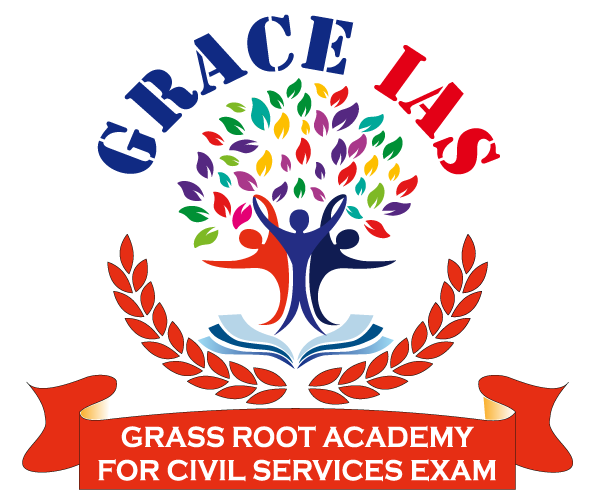Essentials Of the UPSC Personality Test
The UPSC Personality Test, commonly referred to as the interview, is the third and final stage of the Civil Services Examination, carrying 275 marks. Unlike the prelims and mains, this stage does not test factual knowledge but evaluates the candidate’s personality, presence of mind, and overall suitability for a career in public service.
Understand the Purpose
The UPSC Personality Test assesses:
- Mental alertness and critical thinking
- Moral integrity and empathy
- Communication skills and body language
Depth of understanding (not just facts) - Leadership and decision-making
Key Components of the Personality Test
- Clarity of Thought and Expression
- Ability to articulate ideas clearly and coherently.
- Avoid using overly complex language—simplicity and precision matter.
- Confidence and Composure
- Stay calm and composed, even under pressure or when challenged.
- Avoid aggressive or defensive reactions.
- Balanced Judgment
- Demonstrate maturity in handling conflicting viewpoints.
- Provide well-reasoned and ethical responses.
- Awareness of Current Affairs
- Stay updated with national and international events, government schemes, policies, and administrative developments.
- Link current events with your optional subject or background when appropriate.
- Integrity and Honesty
- Be truthful and sincere in your responses.
- Admit when you don’t know something instead of guessing or bluffing.
- Leadership and Social Traits
- Exhibit qualities like initiative, responsibility, teamwork, and empathy.
- Highlight real-life examples of leadership or service orientation.
- Suitability for Public Service
- The board assesses your motivation for joining the civil services and your understanding of the role and responsibilities of a civil servant.
- Self-Assessment and Introspection
- Be clear about your DAF (Detailed Application Form): Know your educational background, work experience, hobbies, and home state in depth.
- Prepare answers to expected questions about your:
- Optional subject
- Educational background
- Work experience (if any)
- Hobbies and extracurriculars
- Current events, especially related to your state/district
- Work on Communication Skills
- Practice speaking clearly and concisely.
- Avoid overuse of technical jargon or overly academic language.
- Stay calm and respectful in your responses.
- Refine Body Language
- Sit confidently, maintain good posture.
- Eye contact is crucial — built trust with interviewers
- Avoid fidgeting or crossing arms.
- Smile when appropriate — show you’re approachable.
- Health and Stress Management
- Stay physically and mentally fit.
- Get enough rest and practice mindfulness or meditation if needed.
- This helps you stay calm under pressure during the interview.
- Mock Interviews
- Appear in at least 3-5 mock interviews with reputed coaching centers or mentors.
- Record yourself or get feedback on:
- Clarity and tone of voice
- Body language (eye contact, posture, hand movements)
- Logical structure of answers
- Handling of stress or uncomfortable questions
Preparation Tips
- Mock Interviews: Practice with reputed institutions or mentors for real-time feedback.
- DAF Analysis: Thoroughly prepare your Detailed Application Form—questions will often come from your hobbies, education, work experience, and home state.
- Self-Reflection: Be ready to discuss your strengths, weaknesses, and life decisions.
- Ethical Outlook: Prepare for questions related to moral dilemmas, public service values, and governance ethics.
What UPSC Looks For?
- “The technique of the interview is not that of a strict cross-examination, but of a natural, though directed and purposive conversation…” – UPSC Notification
- The focus is on personality traits, not just intellectual ability. The board looks for a well-rounded individual—curious, courteous, and committed to public welfare.





